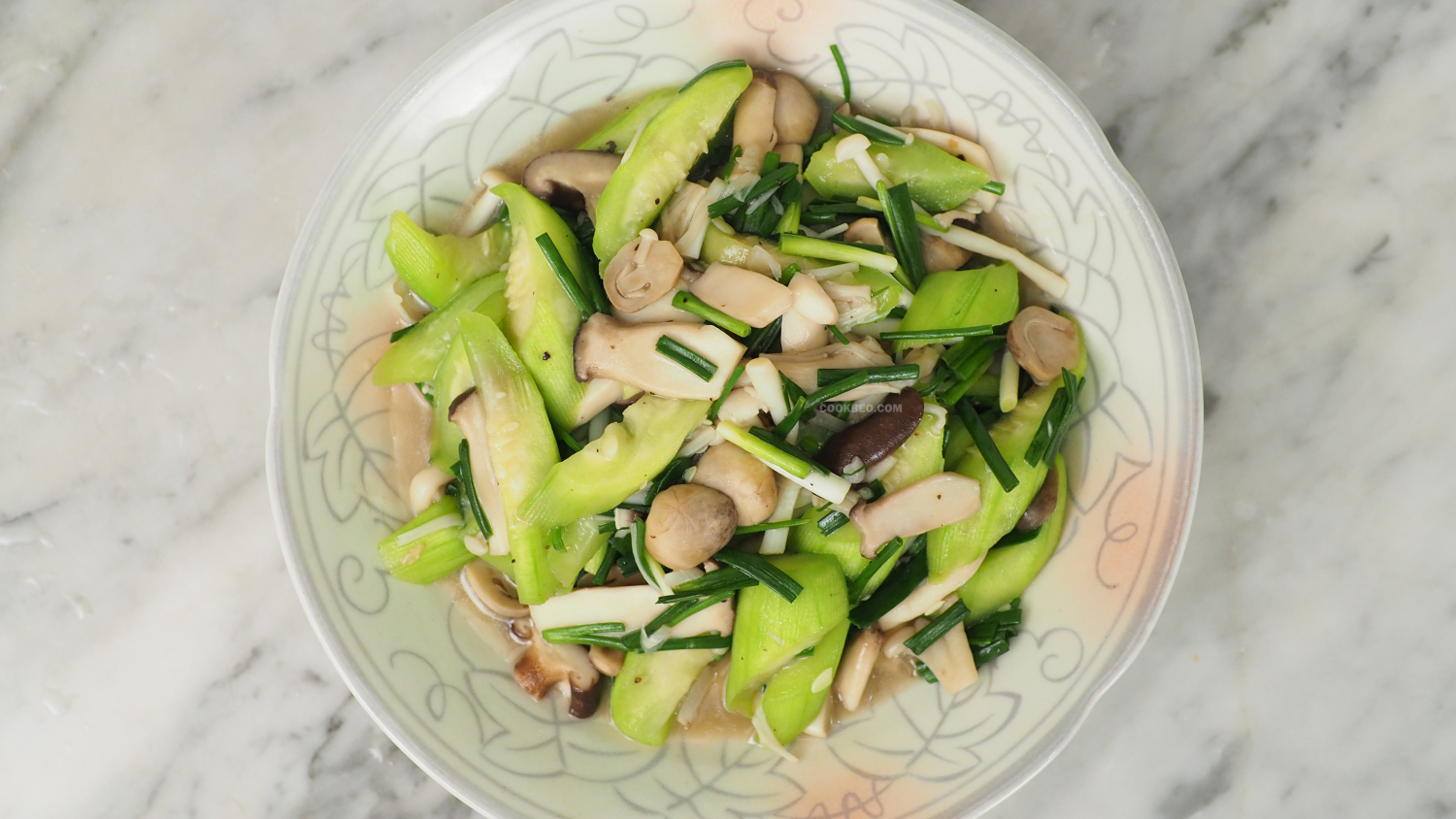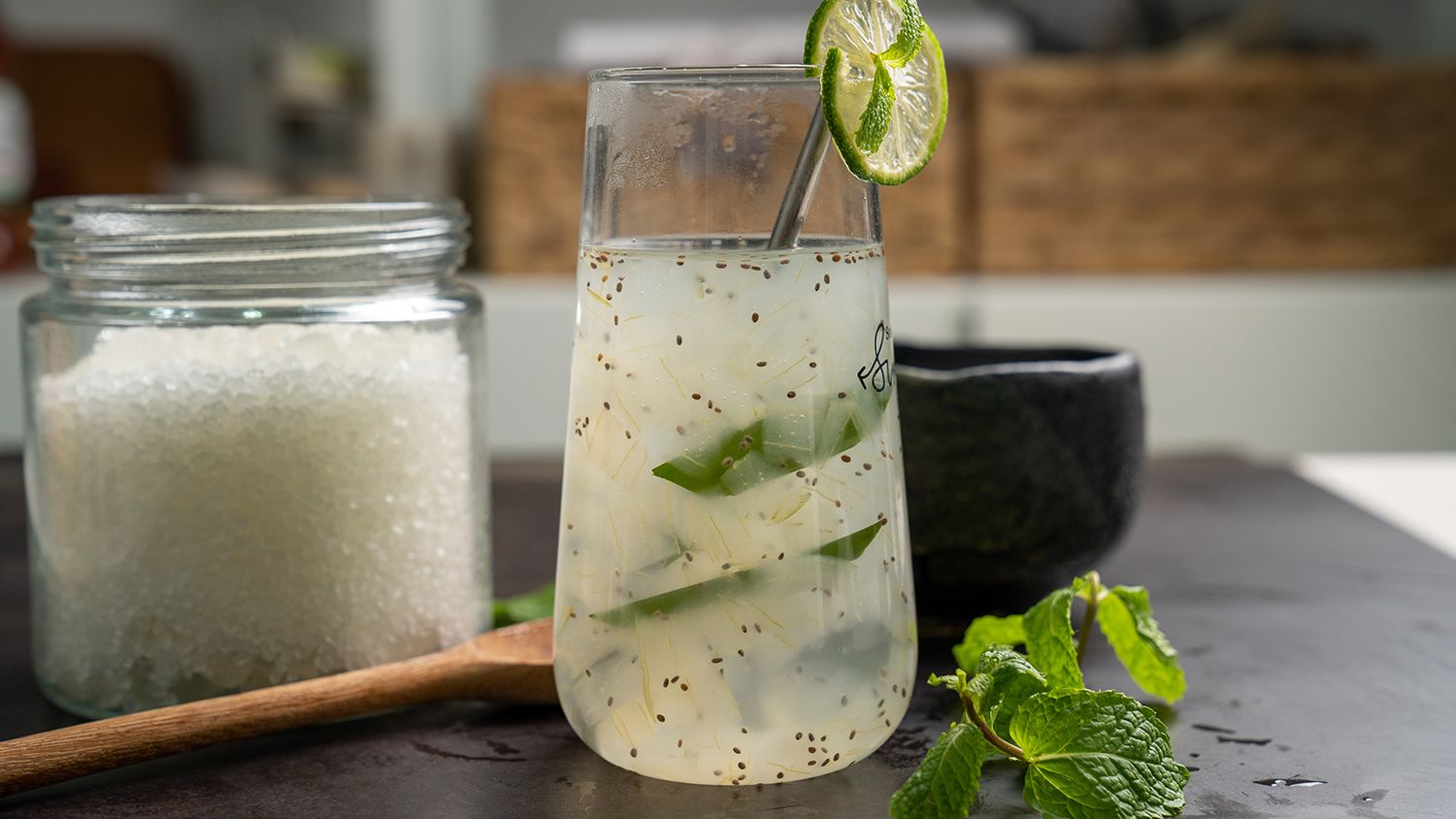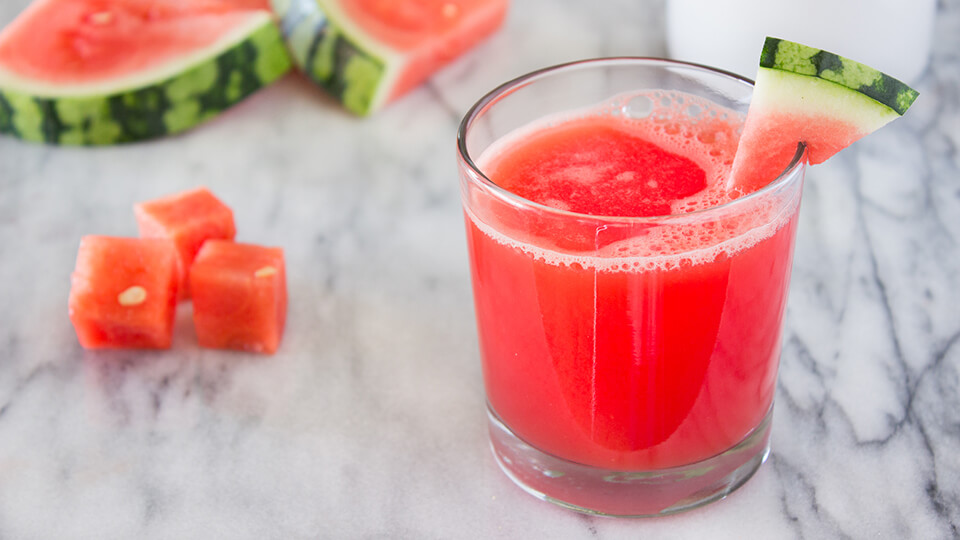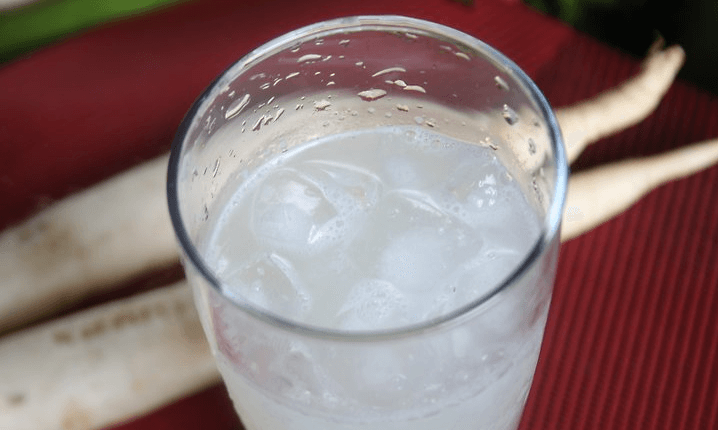How to Make Vietnamese Orange Juice
Orange juice - the most popular fruit juice in the world. What are its health benefits, nutritional information, and how should you use and store it? Learn more in the article below.

When we talk about orange juice, we’re referring to Vitamin C and potassium, as these are the two most abundant nutrients found in it. They play central roles in immune function, bone formation, wound healing, and gum health. Therefore, orange juice is especially recommended for people with mouth sores.

A 240ml glass of orange juice contains the following nutritional values:
| Calories | 110 |
| Protein | 2g |
| Carbohydrates | 26g |
| Vitamin C | 67% |
| Folate | 15% |
| Potassium | 10% |
| Magnesium | 6% |

Besides being high in Vitamin C, orange juice is also packed with antioxidants that promote healthy skin and help reduce the risk of heart disease, cancer, and diabetes.
Orange Juice Helps Prevent Kidney Stones
Studies show that a higher urine pH, which makes urine more alkaline, helps prevent kidney stones. Orange juice can increase urine pH, and it's more effective than lemon juice at reducing the risk of kidney stones.
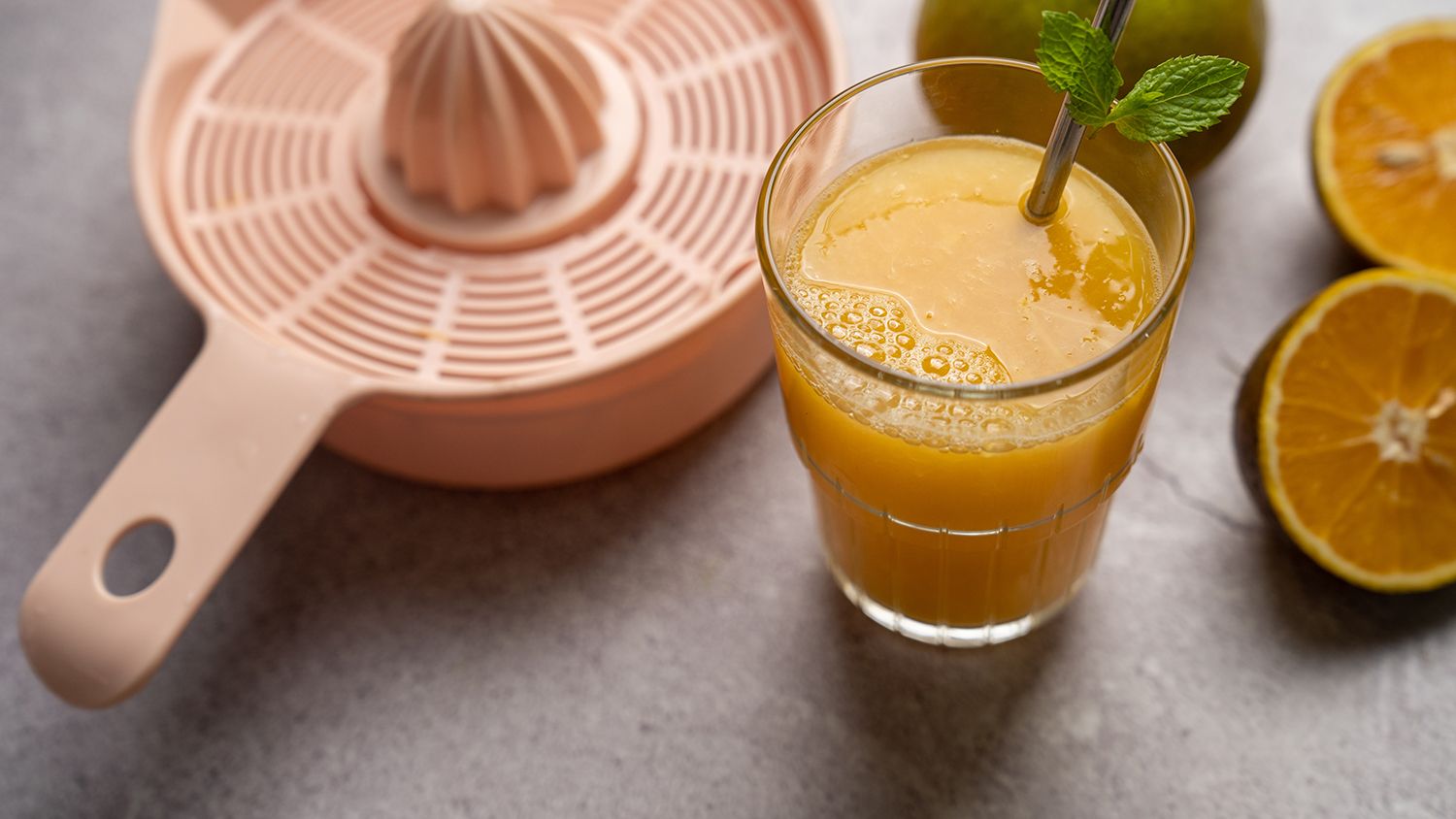
Improves Heart Health and Reduces Inflammation
Heart disease is a dangerous condition responsible for over 17 million deaths worldwide each year. Orange juice helps reduce the risk of high blood pressure and high cholesterol, keeping your heart healthy.
Drawbacks of Orange Juice
Unlike many other fruits, orange juice lacks fiber, contains a high amount of sugar, and is calorie-dense. Long-term consumption can lead to weight gain and higher blood sugar levels. Some studies suggest that consuming sugary drinks, like fruit juices, may be linked to an increased risk of type 2 diabetes.

Orange Juice Consumption Guidelines
For children, limit the intake to 118ml per day for ages 1-3, 177ml for ages 4-6, and 240ml for ages 7-18.
Adults can dilute orange juice with water to reduce calorie and sugar intake and prevent weight gain.
Ingredients
- 5 oranges
- Ice cubes
- A bit of sugar (optional, for added sweetness)
Instructions
Preparation and Method
Wash the oranges thoroughly and let them dry. Cut each orange in half crosswise. Use a juicer or squeeze by hand to extract the juice, removing the seeds.
Depending on the type of orange, you can add sugar or water after juicing to adjust the sweetness. Add a few ice cubes for a more refreshing drink.

Storage Instructions
Freshly squeezed orange juice should be consumed immediately. If not used right away, keep it in a cool environment and consume it within an hour. Ideally, store it in a tightly sealed glass container in the fridge and use it within 24 hours.
Additional Information
When is the Best Time to Drink Orange Juice?
Avoid drinking orange juice at night, as the Vitamin C content can stimulate the body and lead to insomnia or frequent urination. Additionally, the acidity in orange juice can affect your tooth enamel. Therefore, it's also not recommended to drink it before brushing your teeth, as it may damage your enamel.
Avoid drinking orange juice when taking medication: The acid content in oranges can alter the structure of certain medications, affecting their effectiveness.
Avoid drinking orange juice close to the time you drink milk: Drinking orange juice before or after milk can disrupt digestion and absorption, potentially leading to diarrhea.
Avoid drinking orange juice when your body is fatigued, especially if you have a stomach ulcer: The acidity in orange juice can worsen stomach inflammation.
How to Drink Orange Juice Correctly
According to nutrition experts, it is best for an adult to consume no more than 240ml of orange juice per day. This provides 60mg of Vitamin C, which is sufficient for daily body function.
Pregnant women, on the other hand, may need a higher intake, around 260ml/day. For breastfeeding mothers, it's recommended to consume about 350ml/day. However, depending on individual health conditions and a doctor's advice, pregnant and postpartum women should adjust their intake accordingly.





